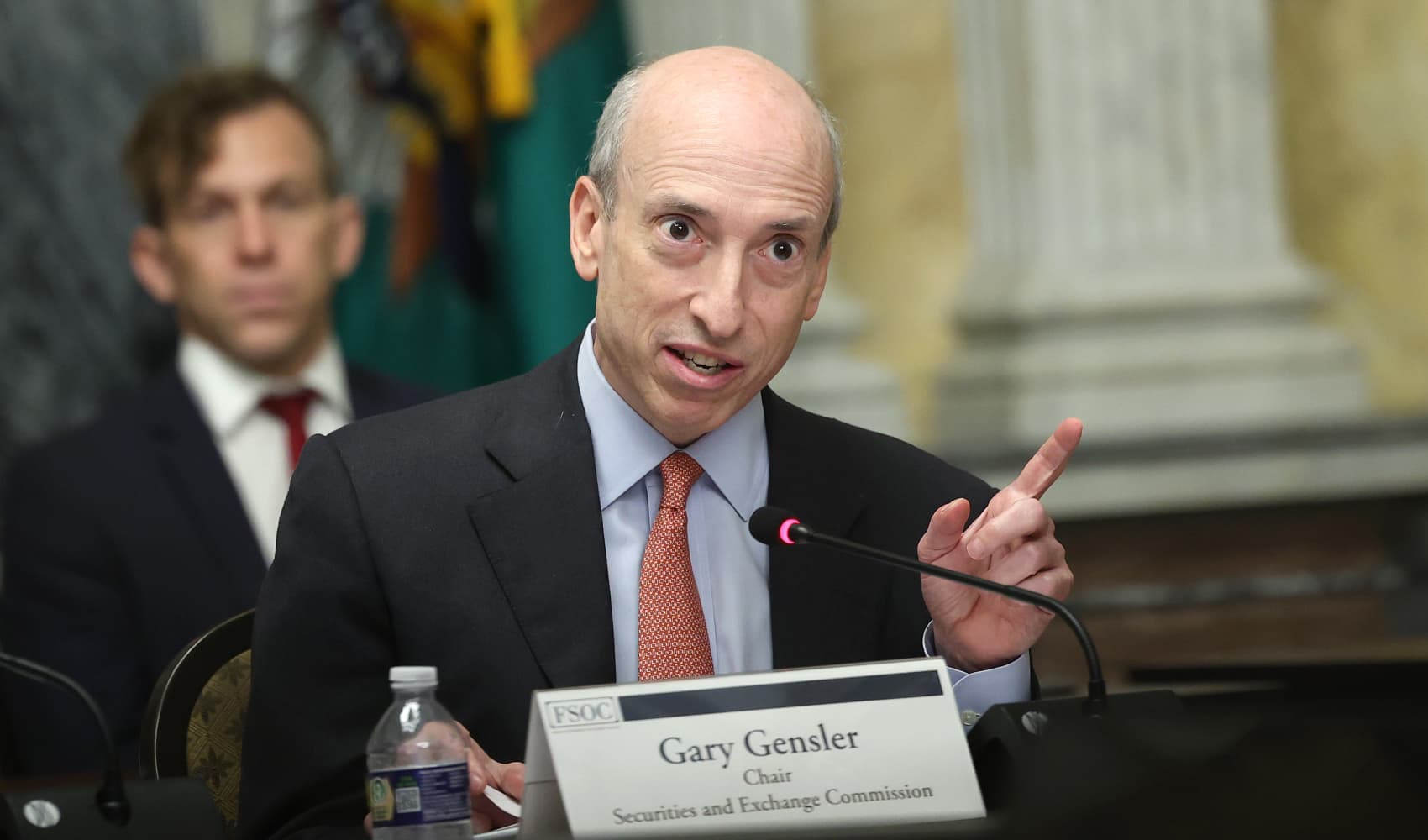
It's understandable that parents want to do anything within their means to help their children succeed academically.
That might look like hiring private tutors, enrolling kids in more extracurriculars, or paying for elite summer programs.
This investment might be deteriorating kids' desire to succeed, not fueling it, says Jennifer Breheny Wallace a parenting researcher and author of "Never Enough: When Achievement Pressure Becomes Toxic — and What We Can Do About It."
She calls the phenomenon "the encore effect."
"The idea is kids, particularly in affluent communities, can carry a particular burden, which is to replicate their parents' wealth," she says.
"Parents and kids know today that it is much harder as we've ushered in this steep inequality. It is no longer a given that each generation will do as well as their parents, if not better."
'It can feel like a failure to not be able to do as well as your parents'
Money Report
Parents putting pressure on their kids to be as financially successful as they were is not unique to this generation, but the economic realities kids face now are.
Tuition and fees have more than doubled during the last 20 years, according to College Board. Home prices are also considerably higher today than they were when many parents were purchasing their first houses.
In 1990, the average sale price of a home in the United States was $149,075, according to data from the St. Louis Federal Reserve. Today, that has the same buying power as about $360,000. This is considerably less than the average sale price of a home in 2022, which was $535,500.
During her research, Wallace interviewed an eighth-grade boy who said he wanted to be an architect when he grew up. But upon looking up the salary of the average architect and the price of his own home, he became discouraged.
"I Zillow-ed my house and I can't afford it," he told her.
"It does not take a forensic accountant to uncover a parent's lifestyle," she says. "So for kids, if you aren't able to replicate that, it registers to a child as not being able to measure up to their parents and it can feel like a failure to not be able to do as well as your parents."
Kids are 'conflating their sense of self with their achievements'
Parents' obsession with their kids attending their own elite alma maters is also not acknowledging the reality that college, in general, is much harder to get into than it was 30 or 40 years ago.
In 1980, almost 21% of those who applied to Yale University were admitted. In 2023, that number was just 4.4%. At the University of California, Los Angeles, 42% of those who applied in 1989 were admitted. In 2023, just under 9% were accepted.
"A lot of parents went to prestigious colleges when the acceptance rate was 20%," Wallace says. "When my husband and I both went to Harvard, the acceptance rate was 18%. Now it's 3%. The idea that children are held to a standard that parents would not be able to meet, it's something for parents to keep in mind."
While the intention might be to encourage kids to do their best, many parents are sending the message that if you don't get into a specific school or earn a high salary then you are of less value.
"Kids today are conflating their sense of self with their achievements," Wallace says.
To help kids decouple their achievements from their self-worth, Wallace says parents need to "reject the premise" that there is only one way to succeed.
Let children participate in activities they enjoy, regardless of whether it looks good on their college applications.
And de-emphasize admission to hyper-selective colleges. Remind kids that it's what they do with their time, not where they spend it, that matters most.
DON'T MISS: Want to be smarter and more successful with your money, work & life? Sign up for our new newsletter!
Get CNBC's free Warren Buffett Guide to Investing, which distills the billionaire's No. 1 best piece of advice for regular investors, do's and don'ts, and three key investing principles into a clear and simple guidebook.






